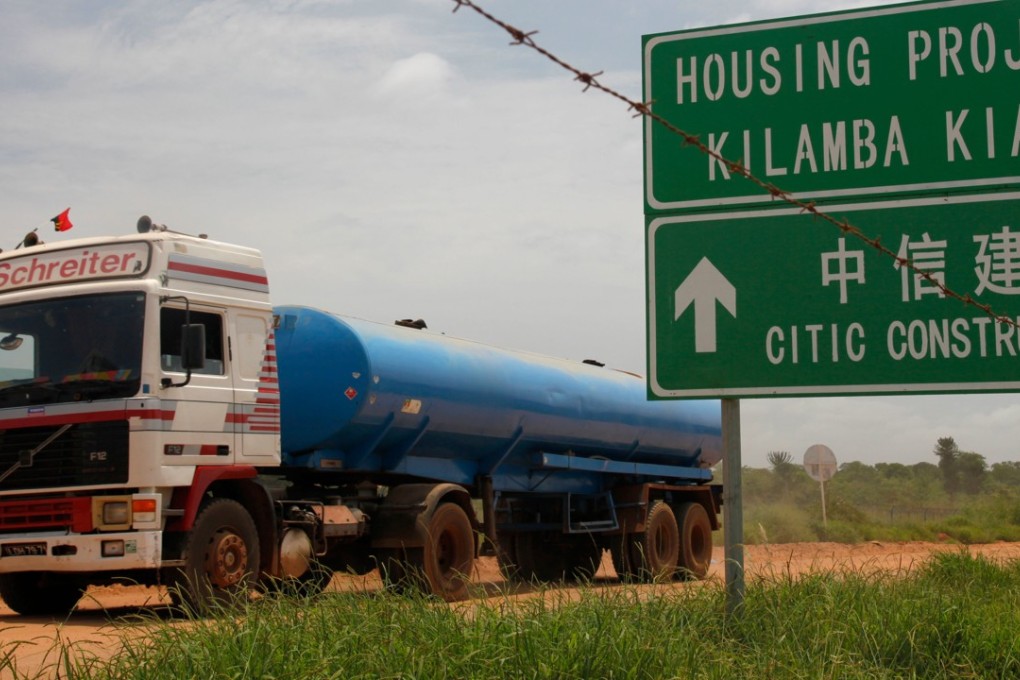Sino-African relations: Chinese private sector becomes more active in trade
Last year saw a 106 per cent jump in projects from China, which also committed a US$700m loan to the National Bank of Egypt, while planning US$15 billion of investments in Egyptian infrastructure initiatives

Transport, mining, energy and other critical infrastructure in Africa have formed a solid amount of trade between the continent and China, and this looks set to accelerate as Beijing invests more energy into its global expansion plans. As reported by Reuters, total trade between China and Africa rose 16.8 per cent year-on-year, the first increase since 2015.
Last month’s report from EY on Africa showed that China has invested in 293 FDI ventures on the continent since 2005, with a total outlay of US$66.4 billion, creating more than 130,000 jobs. Last year saw a 106 per cent jump in projects from China, which also committed a US$700m loan to the National Bank of Egypt, while planning US$15 billion of investments in 15 Egyptian electricity, transport and infrastructure initiatives.
Last July, Chinese companies and banks reached US$17 billion worth of co-operation pacts in infrastructure, energy, and pharmaceuticals, while last October a Chinese-built railway with a US$4 billion investment launched between Addis Ababa and Djibouti.

Other analysts have reported that private companies and entrepreneurs are making their moves. “China’s involvement in Africa will gradually shift from government-backed loans and foreign trade toward direct investment in local production,” says analyst Robert Bianchi, lecturer at the University of Chicago Law School and visiting professor at the Shanghai International Studies University.

